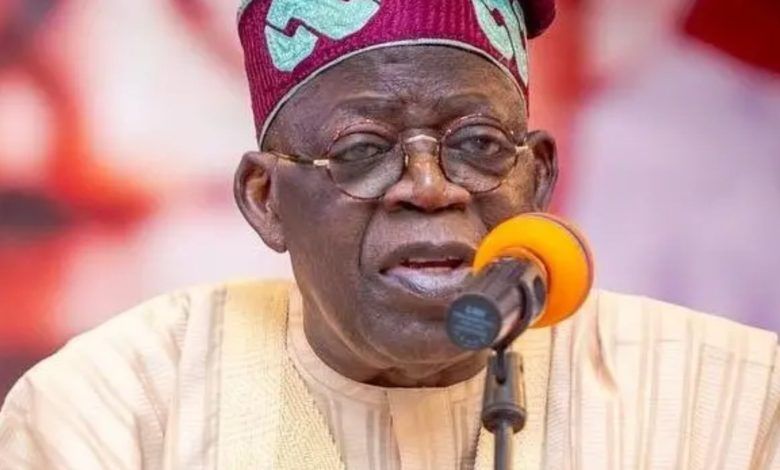
Despite the Bola Tinubu administration’s commitment to implementing the Stephen Oronsaye Report as part of efforts to restructure the federal civil service and reduce governance costs, it has created at least six new ministries, departments, and agencies. This move is seen as complicating the planned overhaul suggested by the Oronsaye report.
The decision to proceed with the implementation of the report, which was initially submitted twelve years ago, was officially announced by Bayo Onanuga, the Special Adviser to the President on Information and Strategy, on February 26, 2024. Onanuga revealed that many agencies would be abolished, merged, or restructured to create a more efficient and cost-effective government.
The Oronsaye report, commissioned by former President Goodluck Jonathan in 2011, aimed at restructuring government parastatals and reducing duplication of functions. The committee, chaired by Stephen Oronsaye, recommended a reduction of the 541 federal agencies and commissions by 180. Specifically, it proposed the abolition of 38 agencies, the merging of 52 others, and the transformation of 14 into departments within ministries.
While the Jonathan administration approved some of these recommendations, they were never fully implemented. Under President Muhammadu Buhari’s administration, efforts were renewed, and two committees were formed to further review and implement the report. However, progress remained slow, and despite some action, the recommendations were never fully realized before Buhari’s tenure ended in 2023.
As the Tinubu administration began considering the implementation of the Oronsaye recommendations, it simultaneously approved the creation of several new agencies. Among them is the Ministry of Livestock Resources, which President Tinubu established on July 9, 2024, to address long-standing conflicts between farmers and cattle herders in Nigeria.
Other new agencies created include the South-East Development Commission, North-Central Development Commission, North-West Development Commission, South-West Development Commission, and the Nigerian Education Loan Fund. These agencies, designed to address regional developmental needs, have already been operationalized.
Furthermore, more than 50 bills aimed at establishing new agencies and commissions have been introduced in the National Assembly since February 2024. These include proposals for the National Assembly Budget and Research Office, a mining sector development bank, and the Nigeria Digital Literacy Management Office, among others.
The growing number of new agencies, ministries, and commissions raises concerns about the impact on the government’s restructuring plan, particularly its goal of streamlining the civil service and reducing recurrent government expenditure. The creation of new agencies contradicts the Oronsaye Report’s goal of eliminating duplication and inefficiency in governance.
Despite this, government officials, including the Minister of Information and National Orientation, Mohammed Idris, and Chief of Staff Femi Gbajabiamila, have reiterated that work on the Oronsaye report is still in progress. While they acknowledge the importance of thoroughness in its implementation, there is no clear timeline for its completion.
In his remarks, Gbajabiamila emphasized the necessity of careful planning, saying, “Anything worth doing is worth doing properly. We don’t want to sacrifice thoroughness for impatience. The final report will be out soon, and implementation will follow.”
The administration’s contradictory actions of creating new agencies while committing to the Oronsaye Report raise questions about the government’s true intentions for civil service reform and the reduction of the cost of governance. As of now, the path forward remains uncertain, with significant concerns about whether the restructuring plan can achieve its original objectives.





